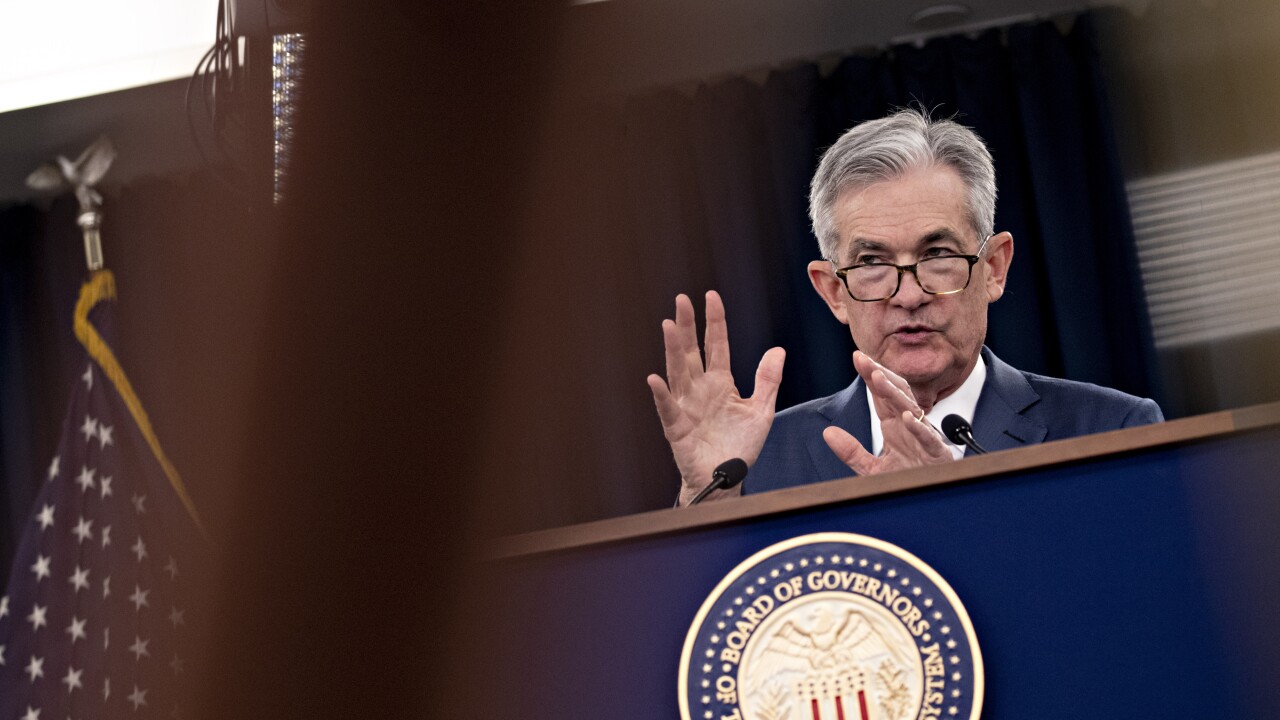In announcing plans to export Just Walk Out to other retailers, Amazon rattled the emerging autonomous checkout industry and raised questions about its ability to amass even more data than it already has about consumer consumption patterns.
The version of
There's no guarantee brick-and-mortar retailers will buy into letting Amazon handle their checkouts, given the mixed track record of some of Amazon's initiatives targeting other merchants. For example, Amazon's attempt to get into mobile POS with its Local Register project failed, as did a standalone payment wallet.
This time around, Amazon said it won’t collect data from other merchants' shoppers, which apparently satisfies the “several” retailers that have already signed up, according to
“We only collect the data needed to provide shoppers with an accurate receipt,” comparable to security camera footage, Amazon said on its website for Just Walk Out, noting that consumers who want a receipt must enter their email address into a separate kiosk.

But these reassurances don’t mean Amazon can’t plow the information it gathers from other retailers into its algorithm to improve its overall consumer insights, observers said.
“Given the threat the Amazon is to many retailers, I would imagine many would think twice before entering into such a partnership,” said Michelle Evans, senior head of digital consumer research at Euromonitor International.
Amazon also may not be the best option available, as other solutions from startups — such as
“It’s one thing when Amazon is the only game in town, which helps it to close marketplace business, but another when there are other options, as is the case with cashierless technology,” she said.
Amazon’s long-term goals in expanding Just Walk Out likely go far beyond merely monetizing the technology it developed for its 25 existing Amazon Go stores.
“With each deployment at a third-party merchant, Amazon is getting smarter by amassing infinitesimal data points that go deeper than a Google search about where consumers are going in brick-and-mortar stores, what they’re looking at, lingering on, all of which is information Amazon can use in its overall e-commerce and store operations,” said Richard Crone, a principal with Crone Consulting LLC.
At least 66 startups globally already are working on similar technology — and exporting Just Walk Out will accelerate that momentum, he said.
“Amazon will use its computer vision, AI and machine learning to increase its first-mover advantage continuously over rivals,” Crone predicts.
Retailers will face an agonizing choice in weighing whether to adopt Amazon’s rapidly evolving Just Walk Out technology, which Amazon said can be retrofitted to existing stores within a few weeks or added to new builds.
Amazon could be offering Just Walk Out to merchants as a standalone service to monetize its technology, and the e-commerce giant wasn’t available to provide more details on pricing.
But Amazon has the opportunity to bundle Just Walk Out with its many other services, including web hosting through AWS, cloud services, supply chain and shipping, data and even payment management, should Amazon introduce a retailer app to support Just Walk Out.
“The business models Amazon could add to this are intriguing, and accentuate its advantage, making it significantly harder for others to compete in the autonomous checkout space,” Crone said.
Another limitation of Amazon’s Just Walk Out technology is its heavy reliance on digital payments. While the current coronavirus threat may favor contactless payments over germ-laden cash, merchants overall are eager to keep a window open for cash.
The original Amazon Go stores didn’t provide an option for consumers who prefer paying in cash, and Amazon has been forced to devise a separate option for those consumers to pay by working with store employees.
Just Walk Out technology for third-party merchants is designed only for credit cards and no mention is made of a cash option.
“Many merchants, especially those that typically see about half of their transactions in cash, aren’t eager to go into an all-card mode because they would take a higher hit on interchange,” said Justin Staskiewicz, treasury payments data analyst with San Antonio, Texas-based Whataburger, which operates 825 burger stores across the U.S.
He notes that autonomous checkout technology can be powered by an app, a beacon or a QR code, and each carries different fraud considerations, as do card-based solutions.
“From a fraud perspective, there’s a lot for a merchant to consider when turning over checkout to a third party,” Staskiewicz said.





